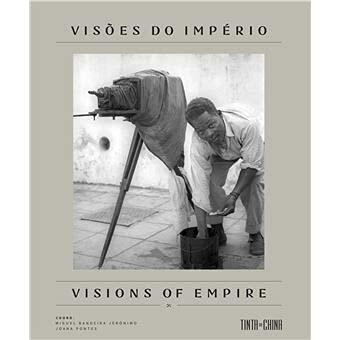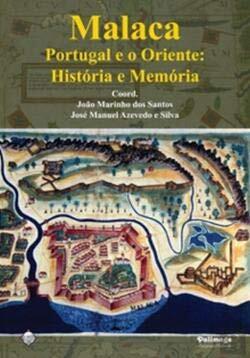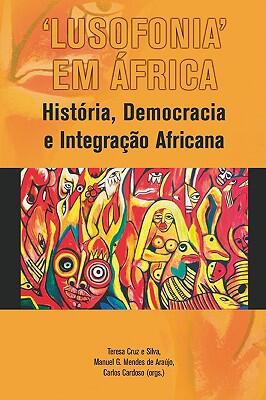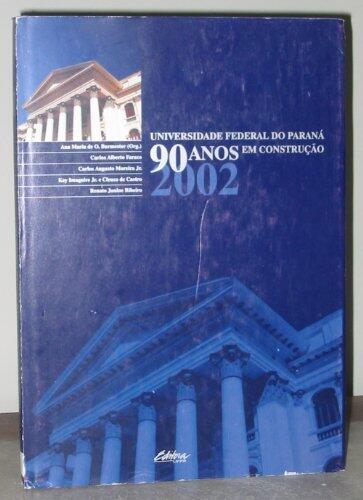
A manilha e o libambo: a Africa e a escravidão, de 1500 a 1700
Nog geen beoordelingen
History
Formaat
Hardcover
Pagina's
1,071
Taal
Portugees
Gepubliceerd
Jan 1, 2002
Uitgever
Editora Nova Fronteira Ministério Da Cultura, Fundação Biblioteca Nacional, Departamento Nacional Do Livro
ISBN-10
8520912621
ISBN-13
9788520912621
Beschrijving
Alberto Da Costa E Silva delves into the intricate history of Sub-Saharan Africa between the 1500s and 1700s, a time profoundly marked by the emergence of oppressive systems and the transatlantic slave trade. This exploration reveals the socio-political landscape of the region, highlighting how European colonization and the insatiable demand for labor disrupted local cultures and communities.
Through a meticulous examination of historical records and narratives, the work captures the resilience and struggles of African societies in the face of encroaching forces. The author weaves together stories that showcase the human impact of slavery, portraying both the suffering endured and the cultural exchanges that arose during this tumultuous period.
E Silva’s analysis extends beyond mere dates and events, inviting readers to understand the complexities of identity and agency within the continent. The book encourages reflection on the enduring consequences of this era, resonating with contemporary discussions about heritage and historical accountability.
A powerful narrative emerges, emphasizing that the history of Africa cannot be divorced from global forces that shaped it. Ultimately, this comprehensive overview serves not only as an academic resource but also as a reminder of the inherent strength found within the continent's diverse populations.
Through a meticulous examination of historical records and narratives, the work captures the resilience and struggles of African societies in the face of encroaching forces. The author weaves together stories that showcase the human impact of slavery, portraying both the suffering endured and the cultural exchanges that arose during this tumultuous period.
E Silva’s analysis extends beyond mere dates and events, inviting readers to understand the complexities of identity and agency within the continent. The book encourages reflection on the enduring consequences of this era, resonating with contemporary discussions about heritage and historical accountability.
A powerful narrative emerges, emphasizing that the history of Africa cannot be divorced from global forces that shaped it. Ultimately, this comprehensive overview serves not only as an academic resource but also as a reminder of the inherent strength found within the continent's diverse populations.
Recensies
Nog geen beoordelingen
Wees de eerste om dit boek te recenseren en deel je gedachten
Voeg Eerste Recensie ToeLeeslogboek
Geen leeslogboeken gevonden
Begin met het volgen van je leesvoortgang om logboeken hier te zien
Voeg je eerste leeslogboek toeNotities
Geen notities gevonden
Begin met het toevoegen van notities om ze hier te zien
Voeg je eerste notitie toeTransactielogboek
Geen transactielogboeken gevonden
Begin met het volgen van je boektransacties om logboeken hier te zien
Voeg je eerste transactielogboek toe


















